KATHMANDU: Just a few days ago, Prime Minister Pushpa Kamal Dahal “Prachanda” strongly criticized CPN-UML Chairman KP Oli, claiming that there is no one on this planet worse than him.
However, within a short span of time, Prachanda expressed his intention to revive the Nepal Communist Party.
This sudden change raises questions about why he felt compelled to collaborate with CPN-UML after forming the Samajwadi Front, which aimed to unite parties both inside and outside the parliament.
Considering the current political landscape, Prachanda’s latest controversial statement, and the contemporary political issues serve as the backdrop to hold conversation with Arun Kumar Subedi, a political analyst and international affairs expert. Excerpts:
Shortly after the establishment of the Samajwadi Morcha, Prachanda has expressed his intentions to revive the Nepal Communist Party. Does this raise questions about the character of leaders and their motivations behind such actions?
This raises concerns about the character of such leaders. It’s important to note that Pushpa Kamal Dahal Prachanda, KP Oli, and Sher Bahadur Deuba are not the only prominent figures involved in these developments.
Since the Constitution of Nepal was established and implemented eight years ago, serious disagreements have emerged regarding certain aspects of its content.
The electoral system has also been a subject of debate, both among the general public and within the Nepali Congress and Nepal Communist Party.
In the announcement of the Samajwadi Front itself, Prachanda emphasized that the Front’s purpose extends beyond opposing those who have made amendments to the Constitution.
He has personally emphasized the importance of maintaining the current Constitution as it is, which has become a matter of his reputation.
On the other hand, UML has remained relatively silent on this matter, as Prachanda has attempted to include UML in his agenda.
Although there are differing perspectives between the Nepali Congress and the Maoists regarding potential changes to the essence of the Constitution, it does not seem likely that this government will immediately steer towards instability until CPN-UML makes its final decision known by publicly presenting it.
The protests by UML in the parliament raise questions about the stability of the government.
Within a few days of forming the Samajwadi Front, Prachanda’s discussion about reviving the Nepal Communist Party raises questions about the character of leaders and their motives behind such decisions. What is your take on this?
Prachanda, KP Oli, and Sher Bahadur Deuba are not the sole key players in these circumstances. Nepal’s constitution was implemented eight years ago, and disagreements have emerged regarding certain aspects of its content.
The electoral system has also been a subject of debate among the general public, as well as within the Congress and Nepal Communist Party.
In the announcement of the Samajwadi Morcha, Prachanda emphasized that the Front’s objective extends beyond opposing those who have made amendments to the constitution.
He has personally made it a point of his reputation to preserve the current constitution as it is.
UML’s stance on this matter remains unclear, as Prachanda has attempted to incorporate UML into his agenda.
While there are differing perspectives between the Nepali Congress and the Maoists regarding potential changes to the essence of the constitution, it does not appear that this government will immediately head towards instability unless CPN-UML publicly announces its final decision.
UML’s protest in the parliament raises questions about the government’s stability.
During the process of amending the Constitution, notable differences have emerged between the Nepali Congress and the Socialist factions. The question arises: Will these differences have any significant impact?
The Nepali Congress could express that while the proposed amendment is suitable, they do not intend to make it a matter of prestige.
In doing so, they could emphasize the importance of maintaining the current state of affairs.
If the Nepali Congress presents the amendment as a national demand and the will of the people, they should also seek the agreement of the UML.
To achieve this, the Congress should focus on garnering the support of two-thirds of the relevant stakeholders.
Analyzing Prachanda’s visit to India and the statements he made, coupled with internal dynamics within the party, it is noteworthy that certain central members submitted a memorandum calling for a referendum on secularism and the status of Nepal as a Hindu nation.
Should a referendum be conducted, or should the responsibility of amending the Constitution lie within the jurisdiction of the Parliament once all parties come to a consensus. This is an important question to consider. The Parliament has the authority to make amendments to the Constitution.
When examining the concept of secularism, it is worth noting that France is often regarded as the pioneer of secularism worldwide.
The implementation of secularism is crucial in maintaining the demographic balance and identity of a country.
Even a slight alteration in this regard could have significant implications for the national identity.
Therefore, it is essential to carefully review any proposed changes. It is worth mentioning that even those who advocated for federalism did not envision such a form of federalism.
Given the diverse linguistic, ethnic, and cultural groups within Nepal, it would be prudent for the Nepali Congress and UML to acknowledge that establishing federalism solely on the basis of identity may not be feasible.
Is this issue being raised because there is a belief that it should be adjusted or changed to align with the evolving times?
The influences on Nepal’s federalism and secularism extend beyond internal factors, encompassing external elements as well. The current conditions have not yet materialized to support such changes.
Has the political transformation in Nepal advanced to the stage of constitutional amendment as per India’s interest?
We need to assess the significance of foreign relations and their impact on us. Our economy, for instance, is closely connected to India.
The Maoists appear to be making efforts to prolong their tenure in power, while the Congress and UML have managed to endure despite various challenges.
They might perceive power as crucial for survival in the current adverse circumstances.
Another aspect to consider is maintaining the fundamental principles outlined in the constitution until a consensus is reached by all parties.
By thoroughly evaluating these agendas, we may come to realize that our political relevance is potentially subject to theoretical questioning.
(Prepared on the basis of the interview on Avenues TV)


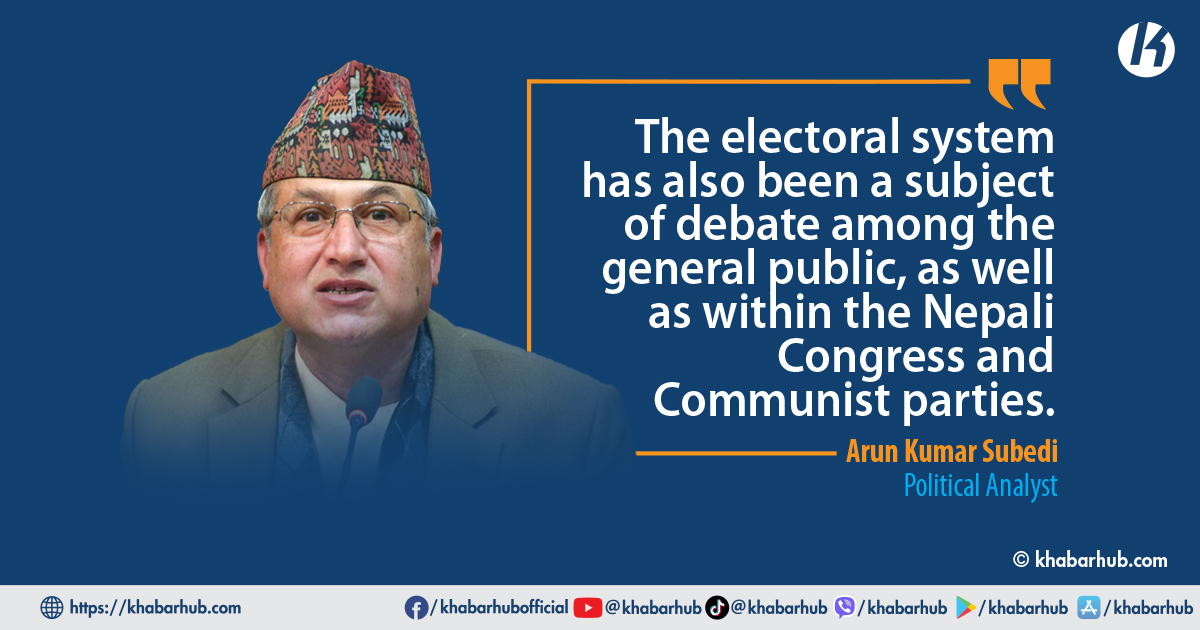
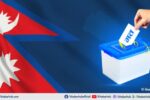
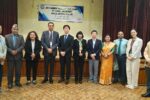
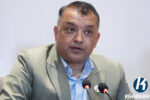

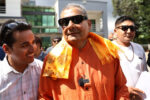

Comment